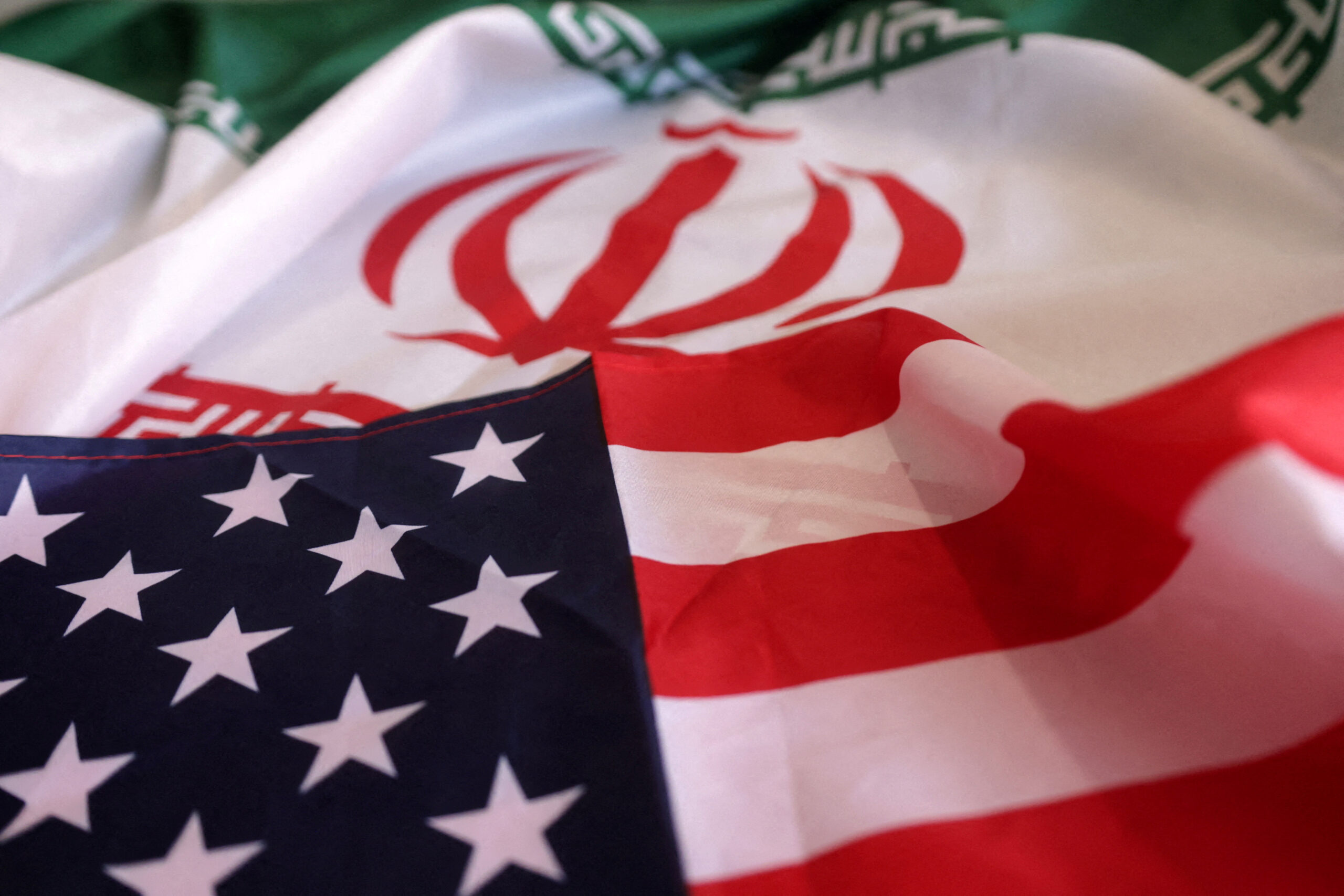By Dr Tahir
Omar Sultan Al Olama, the Minister of State for Artificial Intelligence, Digital Economy, and Remote Work Applications, has sounded a clarion call to individuals and societies: adopt artificial intelligence technologies, or risk obsolescence. Speaking at the Digital Assembly for Generative AI conference in Dubai, he delivered a resounding message that emphasized the transformative power of AI and the necessity of embracing it.
Al Olama’s analogy of “complete” and “finished” underscored the pivotal role of artificial intelligence in shaping the future. To be “complete,” one must integrate AI into their life. Failure to do so, he warned, leads to being “finished.” Moreover, outright rejection of AI results in being “completely finished.”
The minister’s address highlighted the evolving landscape of employment and the influence of technology. He acknowledged that numerous jobs have emerged in the past two decades due to technological advancements. However, not all of these jobs are indispensable. Al Olama cited the example of social media influencers, roles that, in his view, society could do without. Nevertheless, they exist.
In this context, Al Olama emphasized the need for governments and societies to engage in open and constructive dialogue about AI. He urged that discussions should not be dominated by fear but should instead focus on harnessing AI’s potential for positive change.
The central theme of his message was empowerment. Al Olama encouraged individuals not to succumb to apprehensions about potential job displacement caused by AI. Rather, he urged them to channel their anxiety into actions that empower them. This empowerment, he argued, comes from embracing the tools and technologies that AI provides and, in turn, involving others in the journey to unlock AI’s potential for transformative good.
One striking example he presented was the evolution of corporate structures. A century ago, major companies boasted thousands of employees. Today, there are firms with a mere dozen employees valued at $50-100 billion. This dramatic shift is attributed to the power of technology, allowing businesses to achieve more with fewer human resources. Al Olama emphasized that this shift creates opportunities for individuals to engage in meaningful endeavors capable of making a substantial impact and contributing to global change.
Pragmatism was another key point in Al Olama’s address. He compared apprehensions about AI to concerns over a meteorite striking Earth and extinguishing life. While there is a fear, people are not retreating to bunkers in anticipation of this unlikely event. The message is clear: fear should not paralyze progress. Instead, it is essential to approach AI adoption with a pragmatic mindset.
In a world that’s racing towards an artificial intelligence (AI)-driven future, it’s imperative to confront our fears head-on. Elon Musk, a prominent figure in the tech world, serves as an illustrative example. He’s been fervently advocating for a deeper understanding of the challenges posed by AI. Simultaneously, he’s investing billions in the development of humanoid robots, self-driving cars, and the operation of AI engines like X. This juxtaposition highlights the dichotomy within the tech community when it comes to AI.
Musk’s vision, echoed by many others, revolves around adding intelligence to everything in this century. It’s akin to the electrification of the previous century, a transformative process that impacted every aspect of our lives, from the invention of cars to the ubiquitous presence of light bulbs.
The debate surrounding AI governance is one of immense significance. Many voices call for the regulation and oversight of AI technologies. However, the sheer complexity and dynamism of AI systems make traditional governance a daunting task. Some assert that you simply can’t govern AI, and attempting to do so is a futile endeavor. Such a stance is not expressed with arrogance but with a sense of humility, recognizing the intricate nature of the challenge.
The argument pivots around the concept of governing AI “as verticals.” In essence, this means addressing AI applications and use cases individually, as they pertain to specific domains. Instead of seeking a sweeping, all-encompassing solution, the approach is to tailor governance to the specific nature of each AI implementation.
For example, the governance of a language model designed for natural language applications should be distinct from the governance of self-driving cars. This approach acknowledges the diversity of AI technologies and the need for nuanced governance that aligns with their unique characteristics and potential risks.
Time is of the essence in this pursuit. Delaying the governance of AI use cases for two decades is not a viable option. The pace of AI advancement demands a more immediate response. The longer we wait, the greater the risks become. The fear is that procrastination may leave us grappling with the consequences of unchecked AI technologies.
In conclusion, the challenge of AI governance is a multifaceted one, and it cannot be approached with a one-size-fits-all mentality. The juxtaposition of tech figures like Elon Musk investing in AI while also advocating caution underscores the complex nature of the debate. The key lies in tailoring governance to specific AI verticals, recognizing their unique characteristics and risks. The urgency of addressing these issues cannot be overstated, as the relentless march of AI technology requires timely and thoughtful governance to ensure its responsible and beneficial integration into our lives.
Subscribe our website for latest updates:
https://republicpolicy.com/shop/
Read More

















